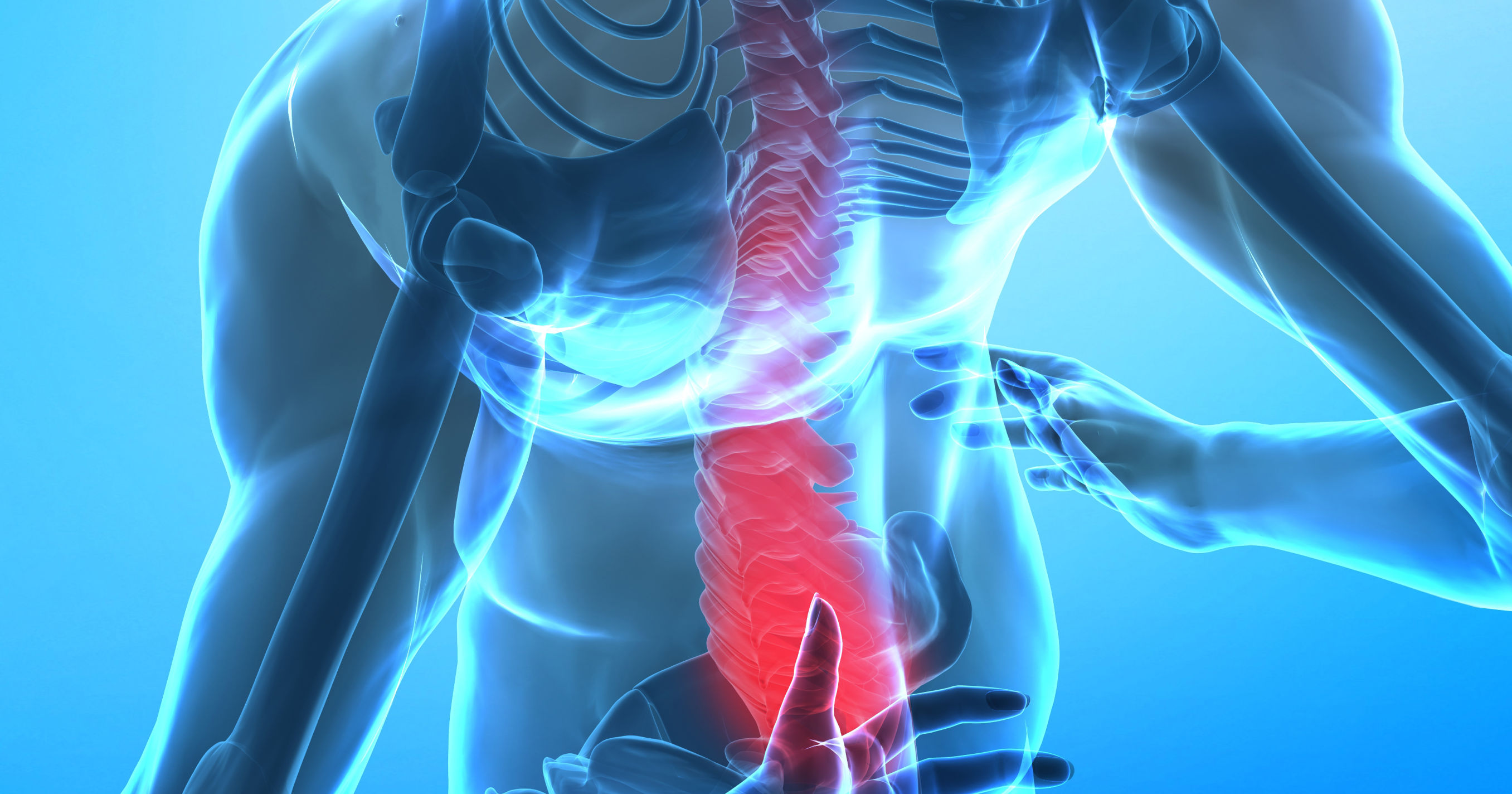January 5, 2013
Salt causes high blood pressure! That's what we've heard countless times. And while there may be some truth to that, it is not the whole story. According to a recent meta-analysis published in the American Journal of Hypertension there was no clear link between salt intake and cardiovascular disease. In fact, those who already had heart disease had an increase risk of death from eating a low salt diet! Another recent study published in the Journal of the American Medical Association found similar results. Researchers looked at the urinary sodium and potassium excretion and its relationship to heart disease. At baseline, average sodium output was between 4 to 5.99 grams per day. After 56 weeks the group was measured again. Those with a sodium output of less than 2.99 grams per day and greater than 7-8 grams per day had an increased risk of death and cardiovascular incidents.
Even according to NHANES I, II, and III conducted between the 1970s through the 1990s found no link between salt intake and cardiovascular disease. According to the conclusions of NHANES III, "...
higher sodium is unlikely to be independently associated with higher CVD (cardiovascular disease) or all-cause mortality."
Clearly there is no definitive relationship between salt and heart disease. Eating too little salt can be just as dangerous as eating too much. I prefer to eat a non-refined salt. How do you know if your salt has been refined in some way? If it is pure white it has been refined. Some types salt you may consider using would be Celtic grey salt, Himalayan salt, or my favorite Redmond's Real Salt. All of these have color variations within the salt much like how it would be found in nature. I would not recommend getting most of your salt intake from processed foods such as chips, french fries, and canned foods. There are other problems associated with these foods. As everyone knows salt is critical for life and has been valued for thousands of years. Sodium is critical for regulating blood pressure, blood volume, blood sugar, acid-alkaline balance (pH), and nerve function just to name a few. Certainly if you are one that is sensitive to salt or have a kidney disease controlling your salt intake is vital. But if you do not have a medical condition that requires reducing your salt intake, using salt in proper amounts will not be harmful to your health.
References:
Reduced Dietary Restriction for the Prevention of Cardiovascular Disease: A Meta-Analysis of Randomized Controlled Trials (Cochrane Review). Amer J Hypertens 24, 843-853 (August 2011)
Urinary Sodium and Potassium Excretion and Risk of Cardiovascular Events. JAMA. 2011;306 (20):2229-2238.
Dietary sodium intake and mortality: the National Health and Nutrition Examination Survey (NHANES I) Lancet. 1998 Mar 14;351(9105):781-5.
Sodium intake and mortality in the NHANES II follow-up study. Am J Med. 2006 Mar;119(3):275.e7-14.
Sodium intake and mortality follow-up in the Third National Health and Nutrition Examination Survey (NHANES III). J Gen Intern Med 2008 Sep;23(9):1297-302



Dr. Groneck
We are dedicated to providing a comprehensive approach to helping you achieve optimal health by looking at the synergy of the whole person, not just a collection of parts. We combine standard medical testing with functional medicine testing to gain an in-depth understanding of what is wrong and, equally important, how to fix it.